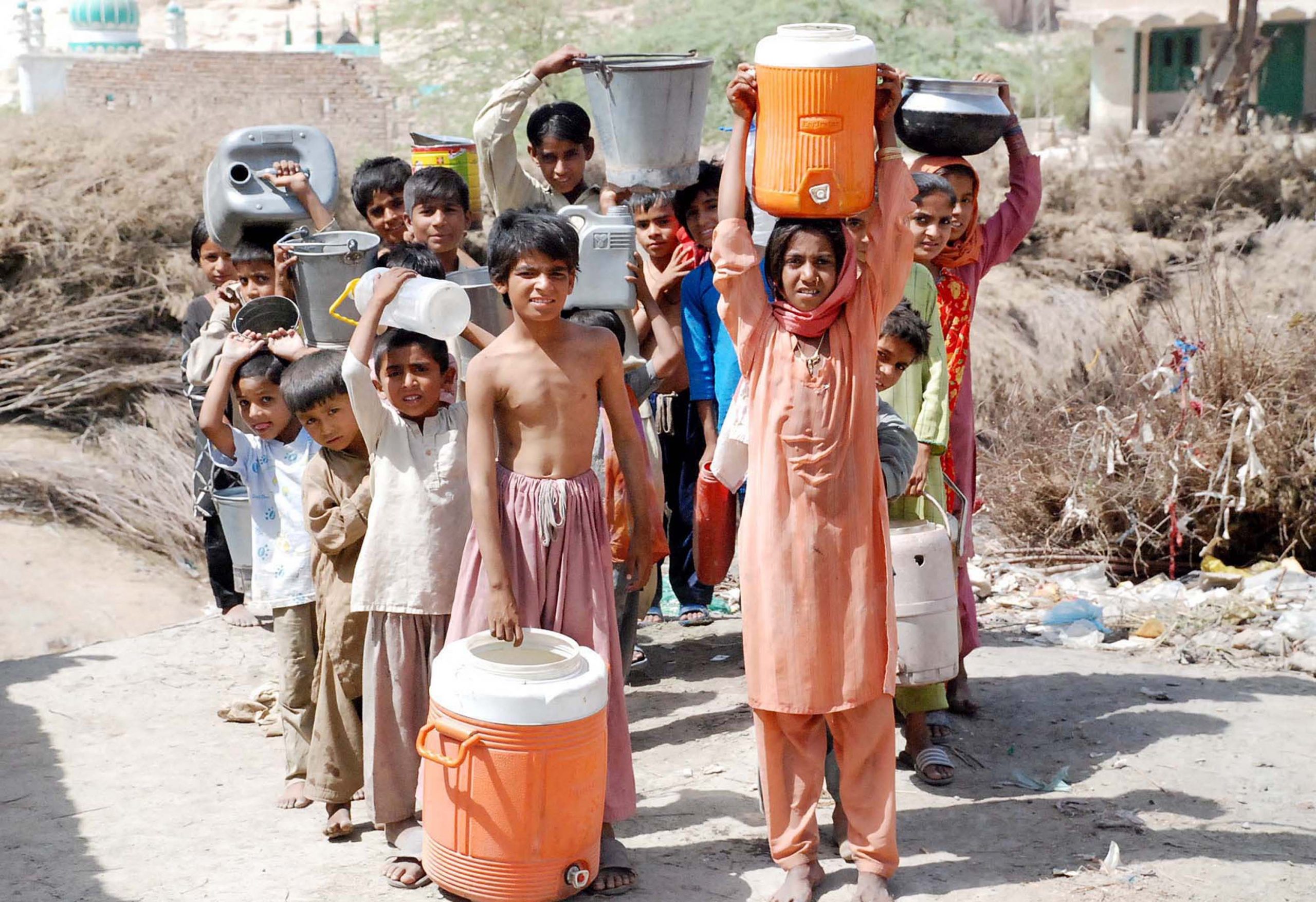[dropcap font="" size="50px" background="" color="" circle="0" transparent="0"]M[/dropcap]any Mongolians used to struggle with a frustrating bureaucracy. Oyunbayar Ochirkhuyag, a resident of Bulgan province, some 400 km from the capital Ulaanbaatar, recalls waiting up to two weeks for a land ownership certificate, according to
Global Press Journal.
Nowadays, thanks to the e-Mongolia platform, she received it in a day. Through the platform, the Mongolian government “has succeeded in providing online public services to citizens and businesses during the COVID-19 pandemic,” reports
Devdiscourse.
At the helm of the e-Mongolia project is Bolor-Erdene Battsengel, state secretary of Mongolia’s Ministry of Digital Development and Communications. In October 2020, she helped launch the e-Mongolia platform with
181 public services that integrated 25 government entities.
Currently, the platform has digitized 656 services — such as vaccine certificates, land records, business licenses, and marriage documents — from 61 government entities, reports
RetailNews.asia. It has provided more than 12 million services to 1.3 million users. Mongolia has a total population of
3.3 million.
The e-Mongolia platform has eliminated red tape and helped the government fight corruption. Since all communications are electronic and not face-to-face, service providers cannot ask citizens for bribes. Battsengel says corruption has dropped by 20 percent to 30 percent since the platform launched.
In addition, the platform cut government spending by about 57 billion Mongolian tugrik (about US$18.2 million) in 2021. In fiscal year 2022, the Ministry of Telecommunications is expected to save an estimated US$30 million by reducing paper, postage, transportation and fuel costs, and employee wages, reports
The Diplomat.
Now citizens who use the platform need not fear online threats such as cyberattacks and scams. Mongolia’s Law on Personal Data Protection, which took effect in May, helps citizens take ownership of their personal data, reports the
Straits Times. The government requires that notifications be sent to citizens when government agencies use their data.
This is to an extent not usually seen in many countries, including Singapore, notes the publication. Battsengel explains, “The way we see human rights in the digitalized world is to give you a right to own your data and, most importantly, have control over your data.” In a country with a population density of two people per square kilometer, the platform has been a game changer.
Not everyone can access the e-Mongolia platform, though. According to the latest World Bank data, about 63 percent of Mongolians used the internet as of 2020.
The World Bank Board of Executive Directors on
June 6 approved a credit of US$40.7 million to help Mongolia improve online public services to citizens and businesses, as well as boost digital skills training and increase digital-enabled jobs.






























































